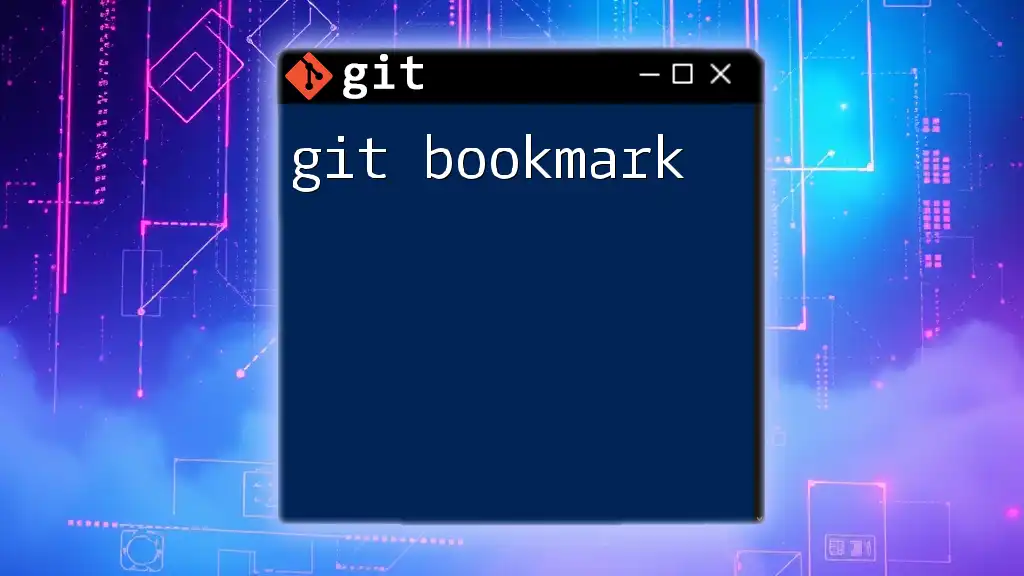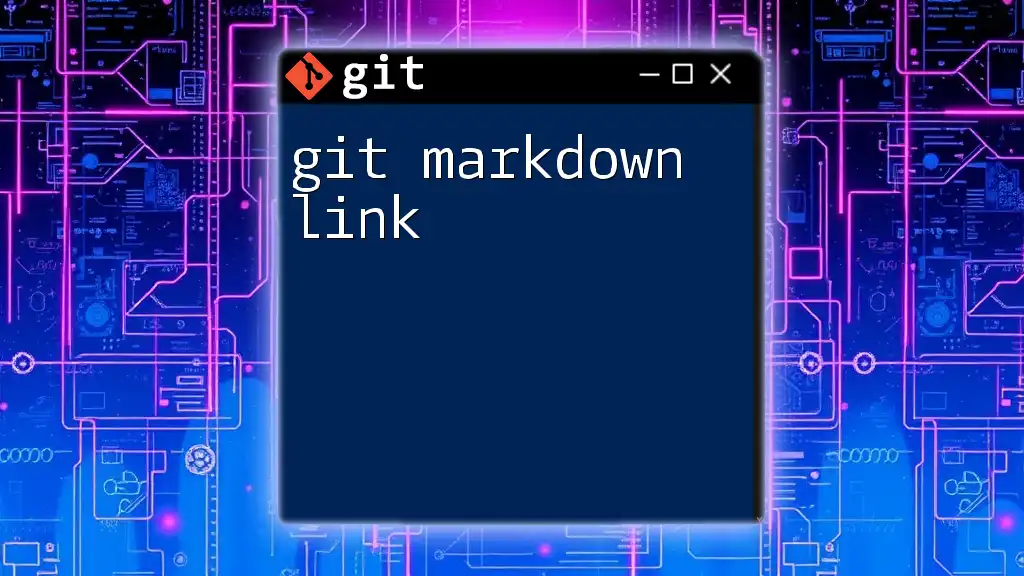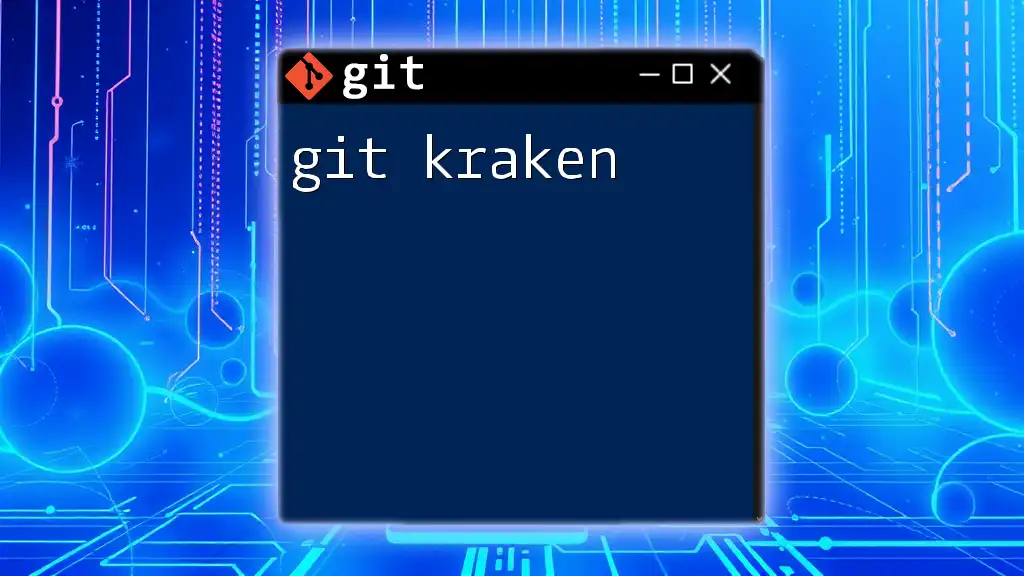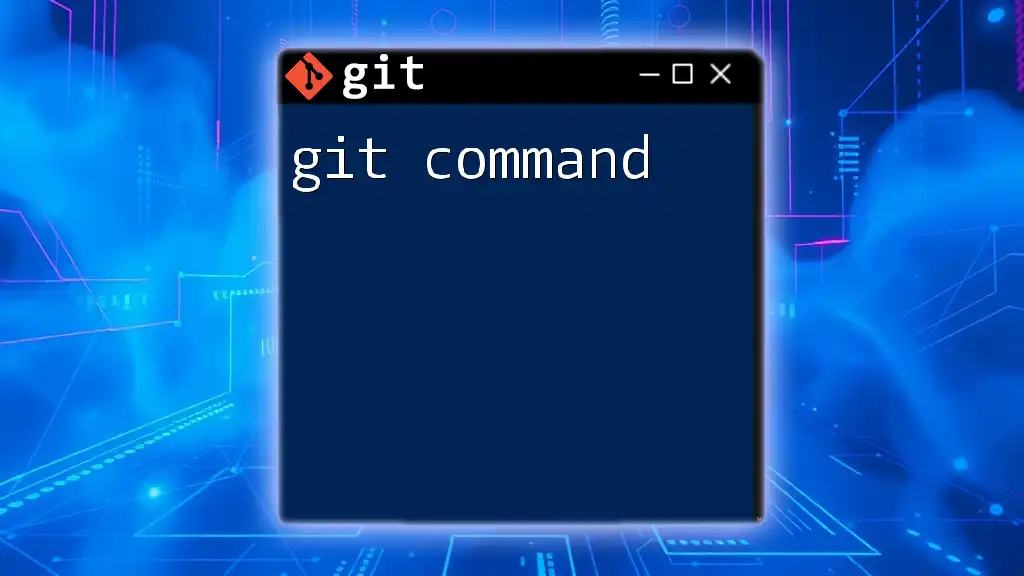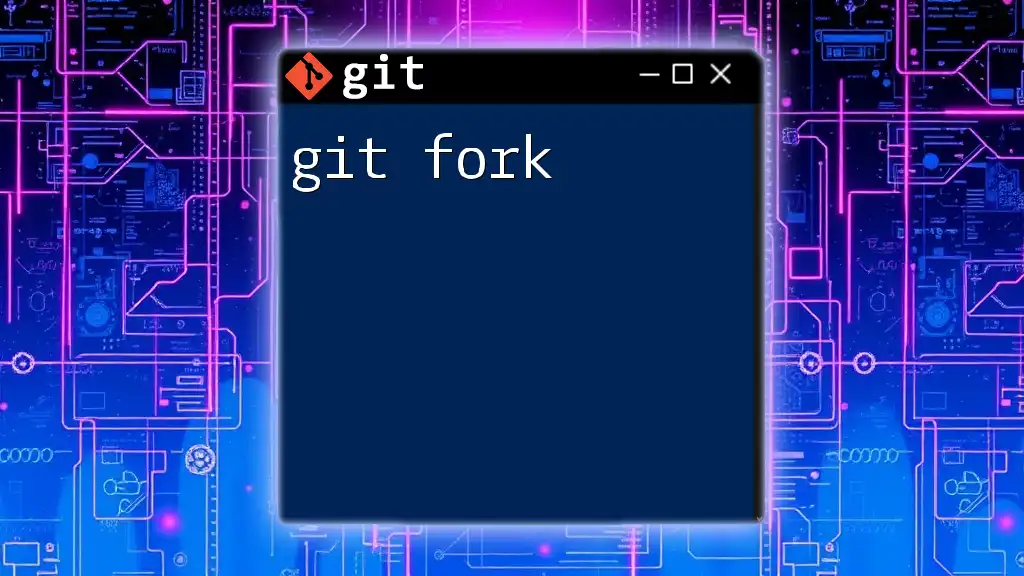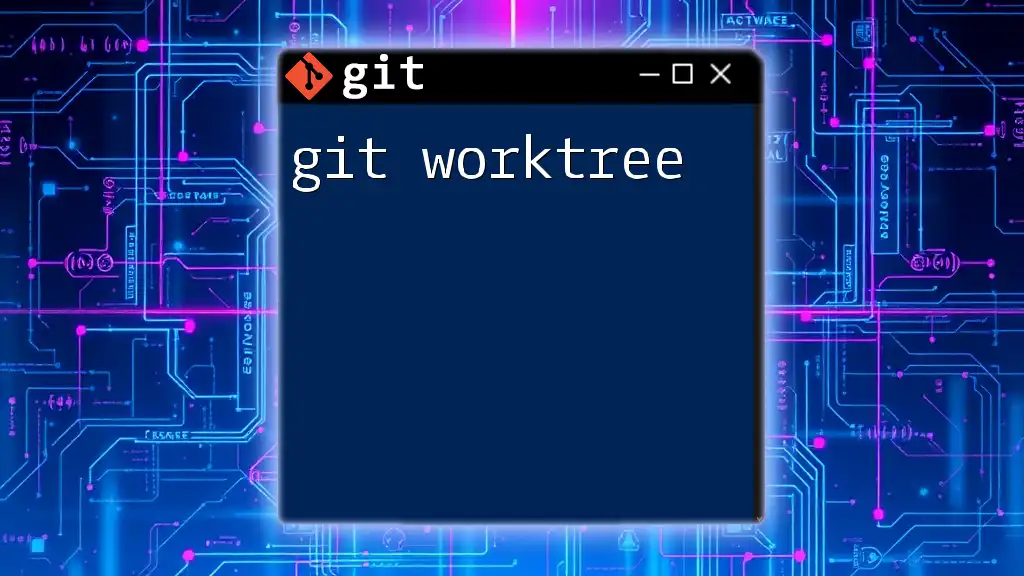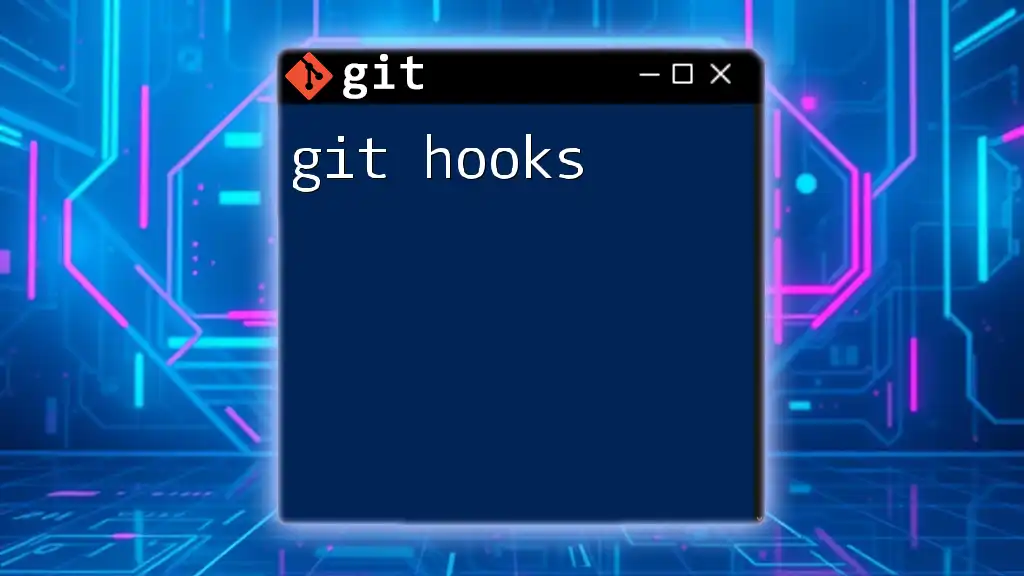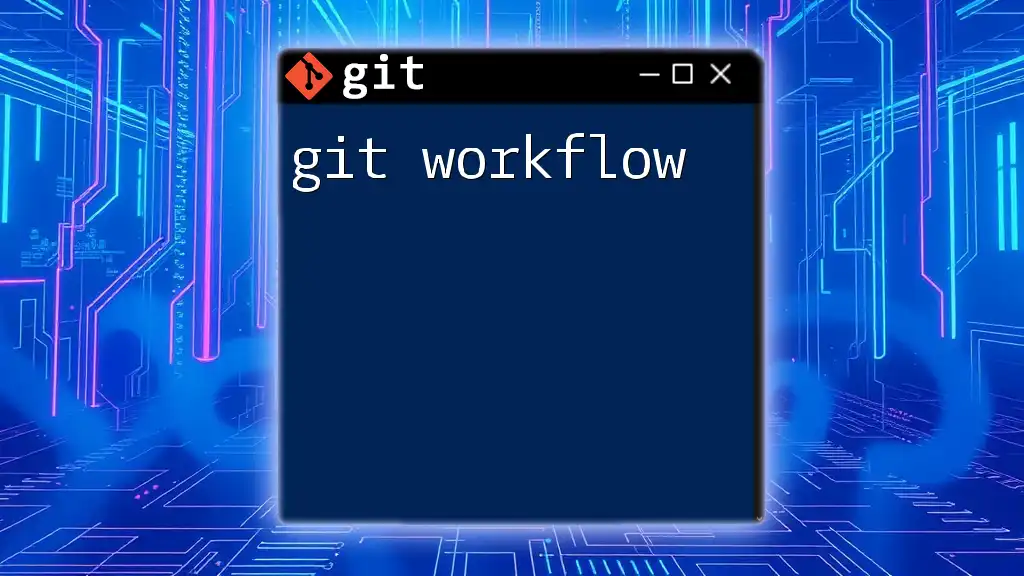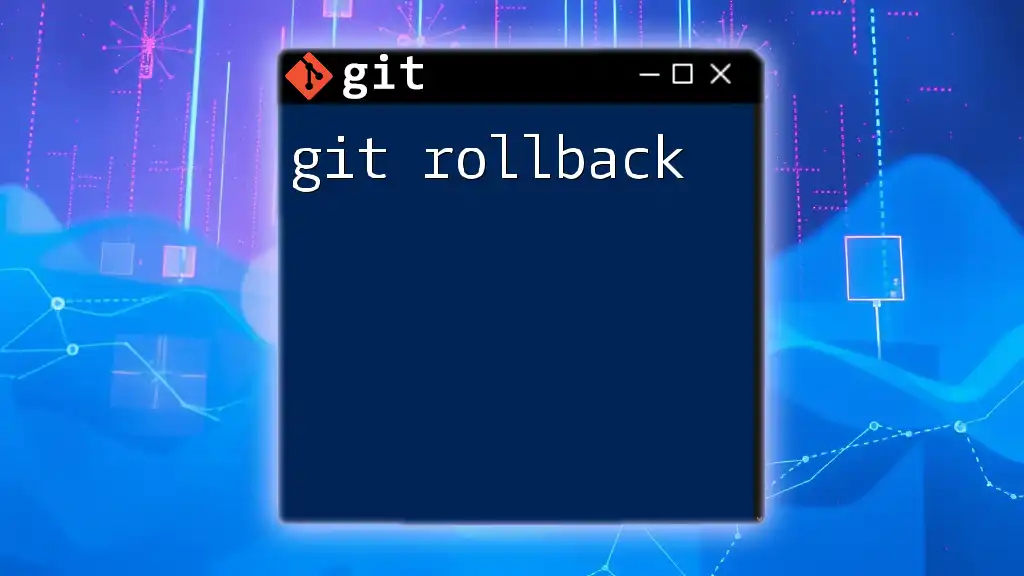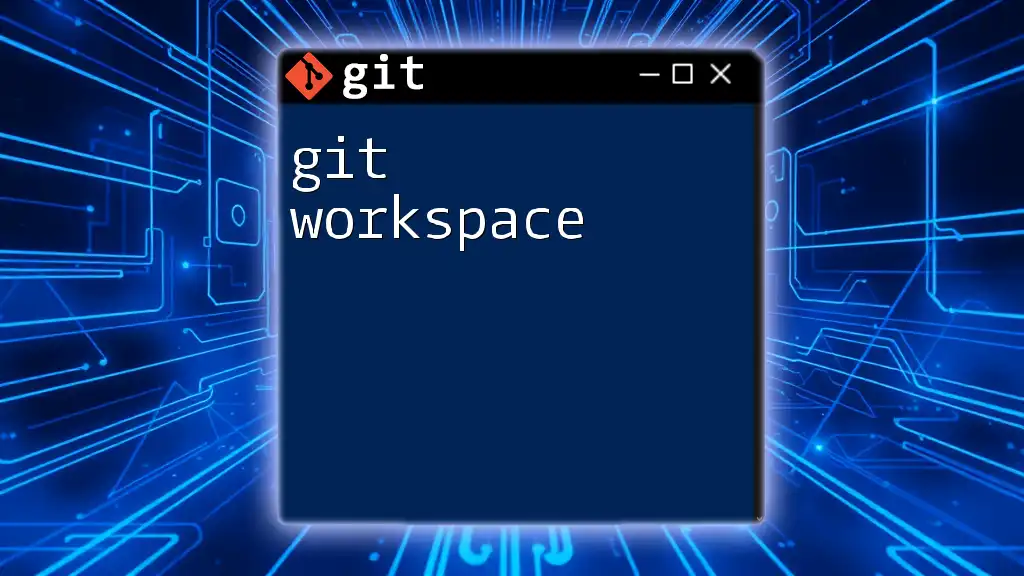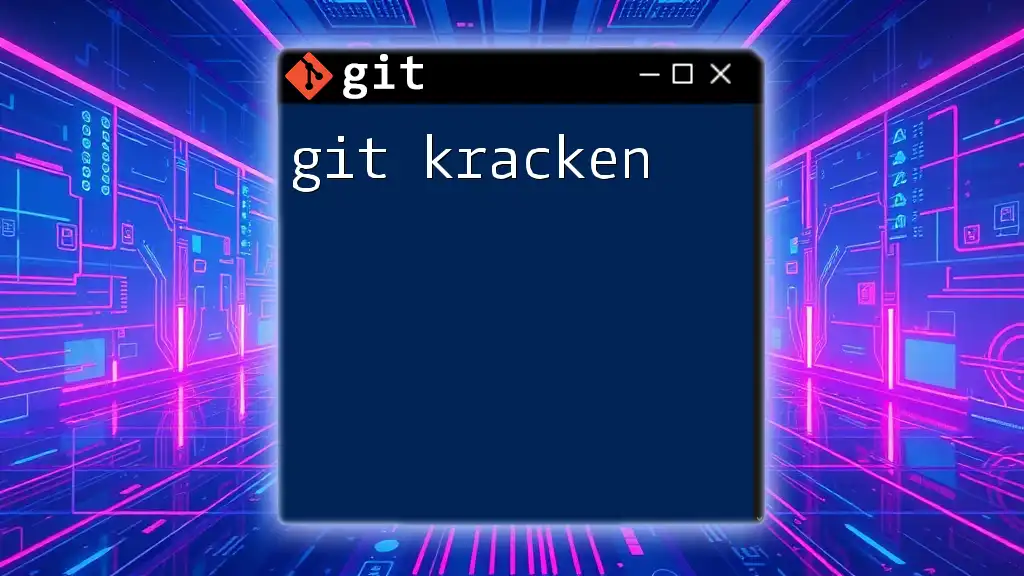A "git bookmark" is a way to create a lightweight reference to a commit or branch in your Git repository, allowing you to quickly switch back to it later.
Here's a simple command to create a bookmark (also known as a branch) at your current commit:
git checkout -b my-bookmark
What are Git Bookmarks?
Git bookmarks are a lightweight way to mark specific commits in a Git repository. They serve a purpose similar to branches or tags but focus on quick navigation and ease of use. While branches are typically for ongoing development and tags are used for marking releases, bookmarks allow for a convenient snapshot of your work at any given time. This makes them especially useful for switching contexts during development or for quickly referencing important commits without creating more permanent branches or tags.
Differences between Bookmarks, Branches, and Tags
Understanding the distinctions is crucial for efficient version control management:
- Bookmarks are temporary and intended for quick navigation. They don't clutter your branches list but can still provide easy shortcuts.
- Branches are meant for ongoing development, allowing for separate lines of work with the intention of merging back into a main branch.
- Tags are fixed references, often used to mark a significant release or version in your project.
Use Cases for Git Bookmarks could be:
- Quickly switching back to a feature you were working on earlier.
- Marking a commit that you want to review later.
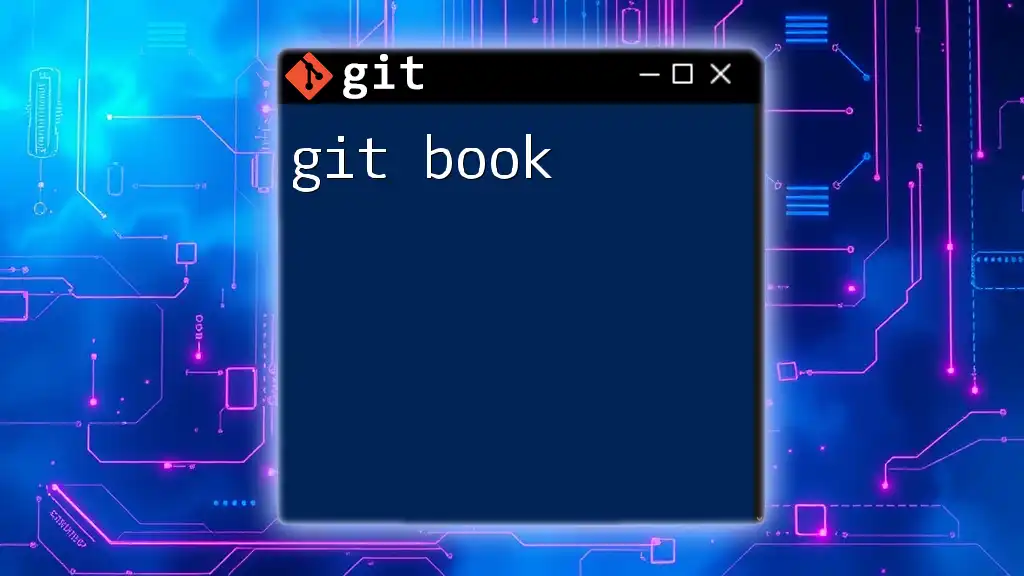
Setting Up Git Bookmarks
Prerequisites
Before you can effectively use Git bookmarks, you need to have:
- A basic understanding of essential Git commands.
- Git installed on your system (you can check with `git --version`).
- Familiarity with using the command line interface to run Git commands.
Creating a Bookmark
Creating a bookmark is straightforward. The command to do so is:
git bookmark create <bookmark-name>
In this command, replace `<bookmark-name>` with a memorable and descriptive name relevant to the context of the bookmark. For example:
git bookmark create feature-x-work
In this case, you're creating a bookmark that allows you to quickly reference your work on "feature X." This command allows you to create a point of reference easily without needing to create a new branch or tag.
Common Use Cases
Creating bookmarks is valuable in various scenarios, such as:
- Navigating back to a commit after experimenting with different features.
- Returning to a stable state after trying out new developments or debugging issues.
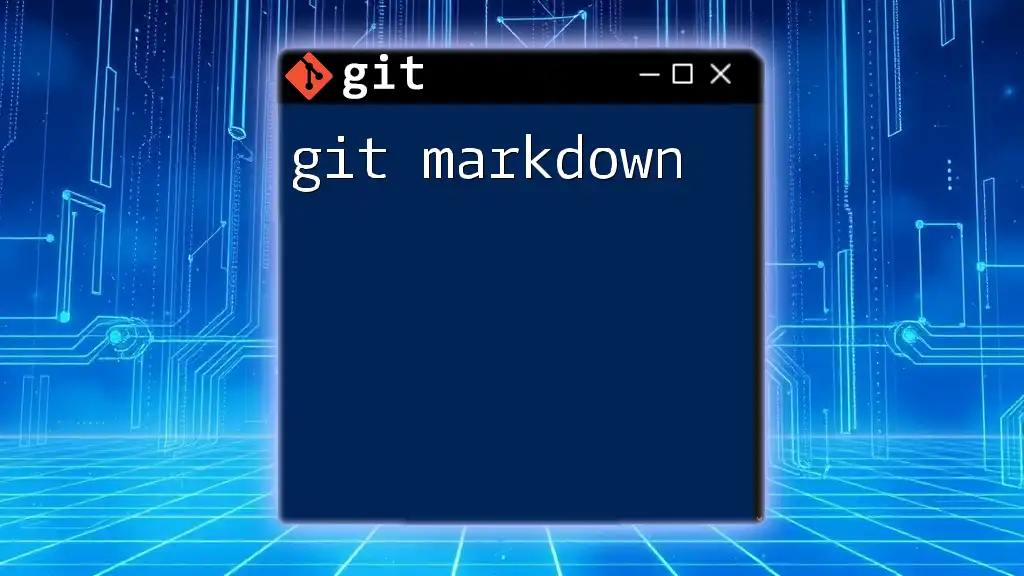
Managing Git Bookmarks
Listing Bookmarks
To view all existing bookmarks in your Git repository, you can use:
git bookmark list
This command will display a list of all bookmarks you have set up, including details like the associated commit SHA-1 and the date of creation. This ability to quickly view bookmarks can greatly enhance workflow efficiency.
Updating Bookmarks
Sometimes bookmarks need to reflect current work or changes. To update a bookmark, use the command:
git bookmark update <bookmark-name>
Replace `<bookmark-name>` with the name of the bookmark you want to update. For instance, if you’ve made significant changes in “feature-x-work” and want to reflect that in the bookmark:
git bookmark update feature-x-work
This command is particularly useful when you want to keep your bookmarks in sync with the latest developments in your project.
Deleting Bookmarks
If a bookmark has served its purpose or is no longer relevant, you can delete it with:
git bookmark delete <bookmark-name>
Before deleting a bookmark, consider whether it might be useful to retain it for future reference. Keeping your bookmark list organized can save you time later on.
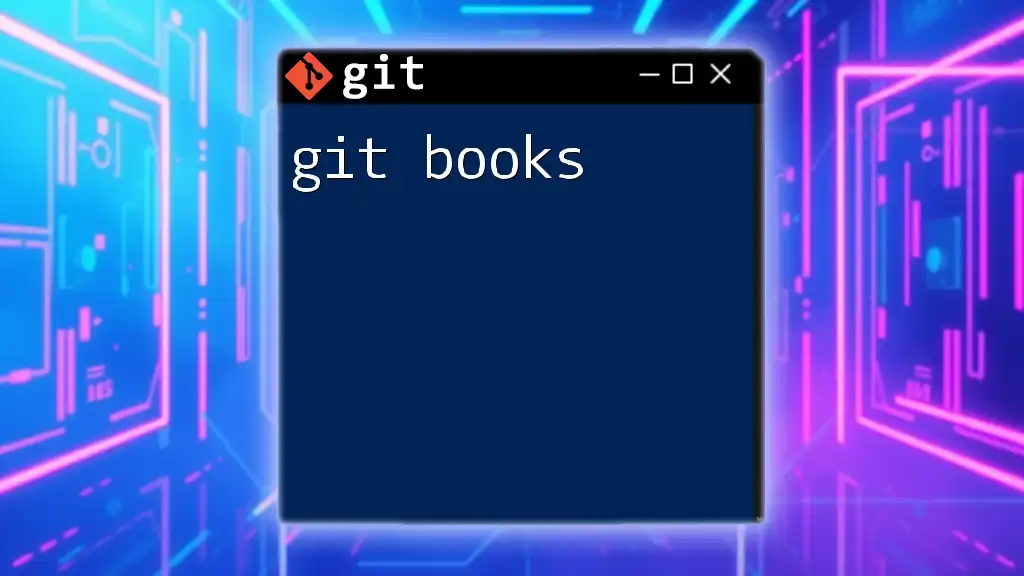
Navigating with Bookmarks
Checking Out a Bookmark
Switching to a specific bookmark is just as easy and allows you to focus on the context that you previously marked. The command to check out a bookmark is:
git bookmark checkout <bookmark-name>
For example, if you want to go back to "feature-x-work," you would use:
git bookmark checkout feature-x-work
This command enables you to jump directly to the point in the project where you created the bookmark. Bookmarks provide a quick and efficient way to manage your workflow without affecting other branches.
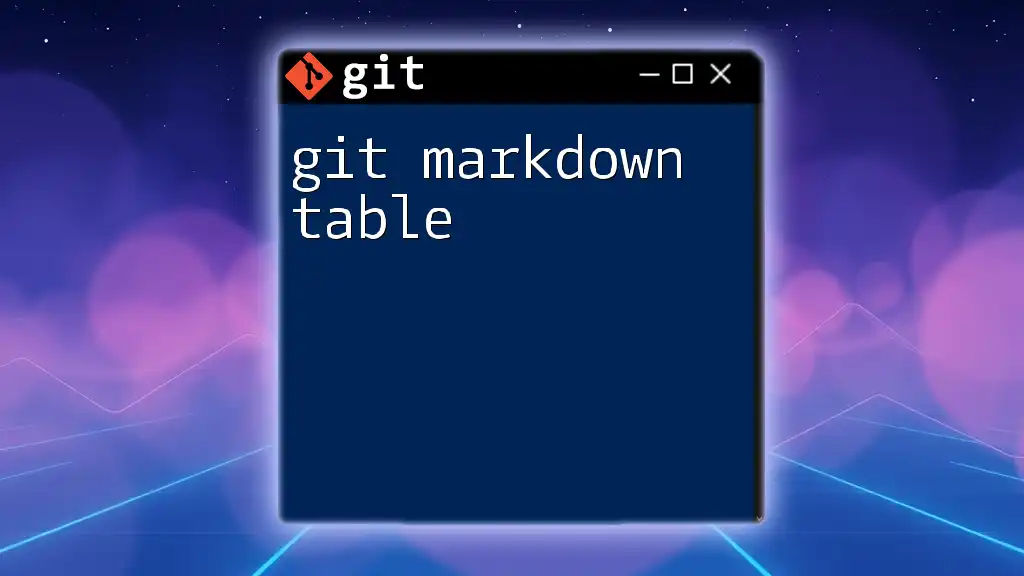
Advanced Bookmark Techniques
Using Bookmarks with Other Git Features
Git bookmarks can complement other Git features effectively. By using bookmarks alongside branches and tags, you can create a more organized workflow. For example, you might create a bookmark from a branch you are testing:
git bookmark create testing-feature
Then, while in your testing branch, periodically check your bookmarks to quickly navigate back to stable or priority branches.
Syncing Bookmarks Across Repositories
In team settings, it’s essential to share bookmarks with collaborators. You can sync bookmarks across different repositories using the following commands:
git bookmark push
git bookmark pull
The `push` command will send your bookmarks to a remote repository, while `pull` retrieves bookmarks that other team members have created. This collaboration allows a unified reference point for all team members.
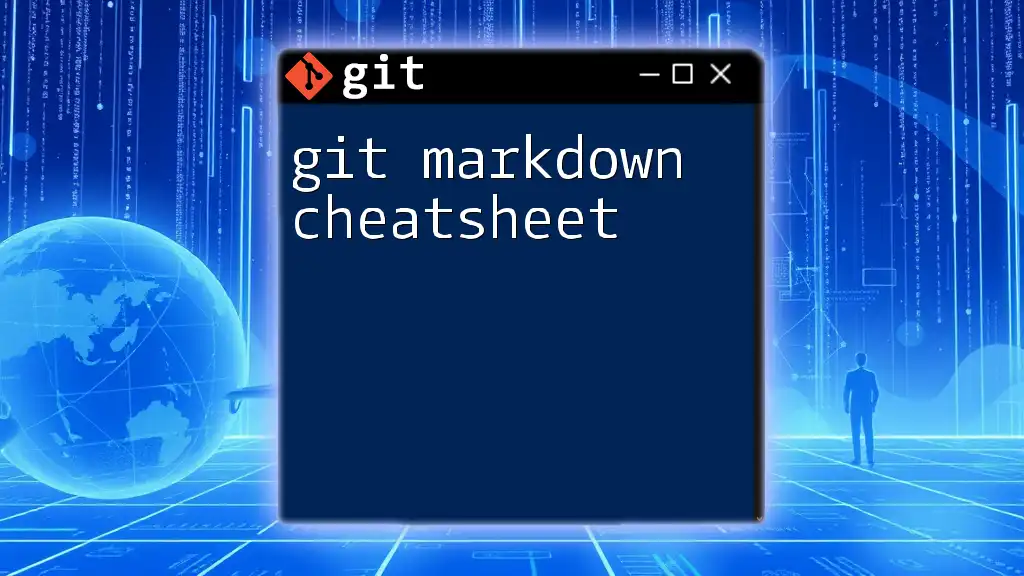
Best Practices for Using Git Bookmarks
When to Use Bookmarks
Bookmarks are particularly useful when:
- You are experimenting with new features but want to keep a reference to a specific commit.
- Your project has multiple branches, and you want to make navigating them easier.
Using descriptive names is critical. Use a clear naming convention that reflects the context of the work, making it easier to recognize the purpose of a bookmark later.
Common Pitfalls
Some common mistakes to avoid include:
- Overusing bookmarks, leading to confusion among team members.
- Forgetting to delete outdated bookmarks which could clutter your Git environment.
Regularly review your existing bookmarks to ensure that they remain relevant and useful for your workflow.
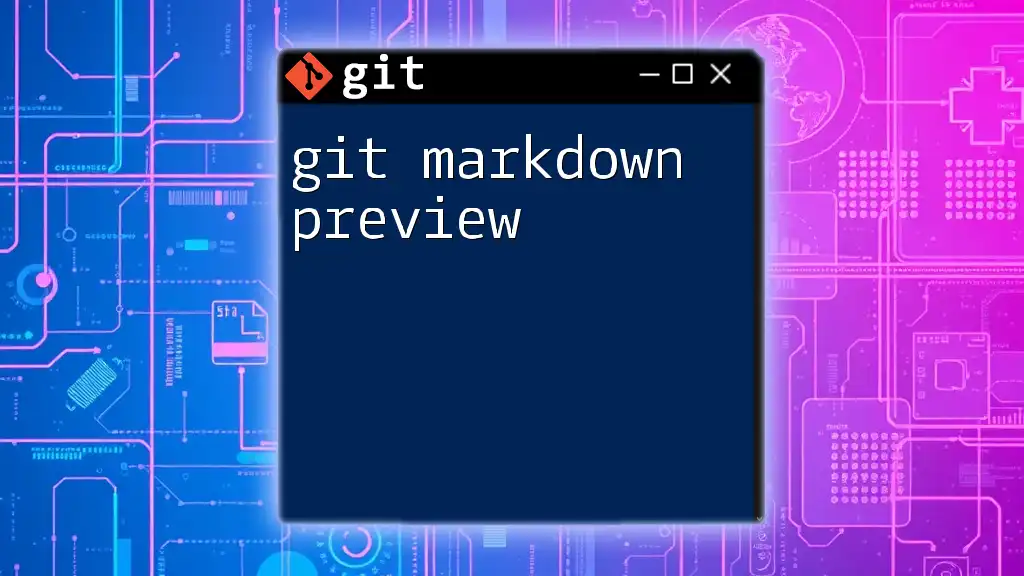
Conclusion
Git bookmarks are a powerful tool for developers looking to streamline their navigation through a project. By effectively creating, managing, and utilizing bookmarks, you can enhance your Git experience and improve overall efficiency in version control. Incorporating bookmarks into your daily workflow not only saves time but also keeps your projects organized and accessible. Take the opportunity to experiment with Git bookmarks today and discover how they can benefit your development processes.
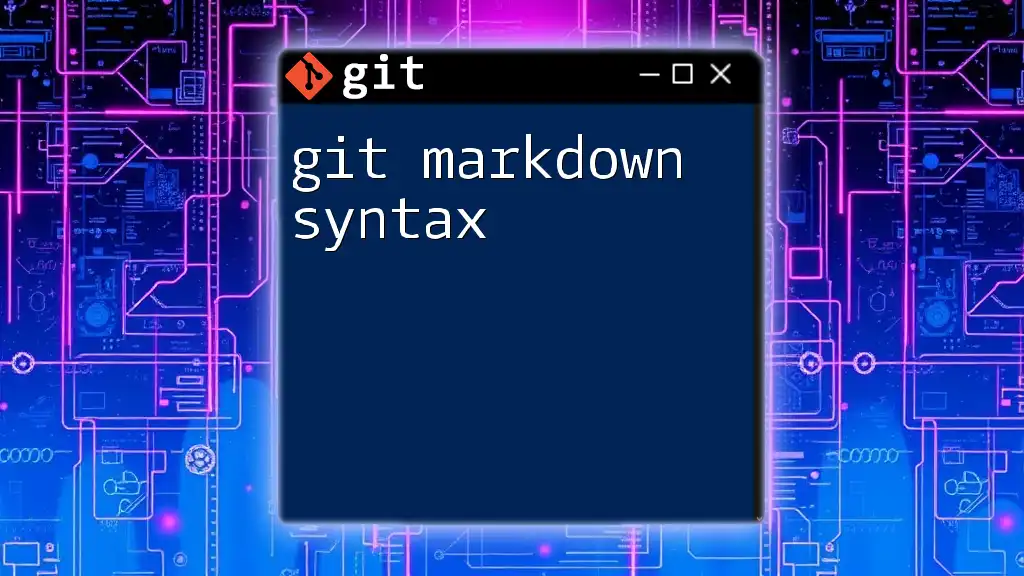
Additional Resources
For further learning, consider exploring Git’s official documentation or community forums where you can find tips, tricks, and shared experiences from fellow developers. Advanced tutorials and books on Git will also help deepen your understanding of version control best practices.

